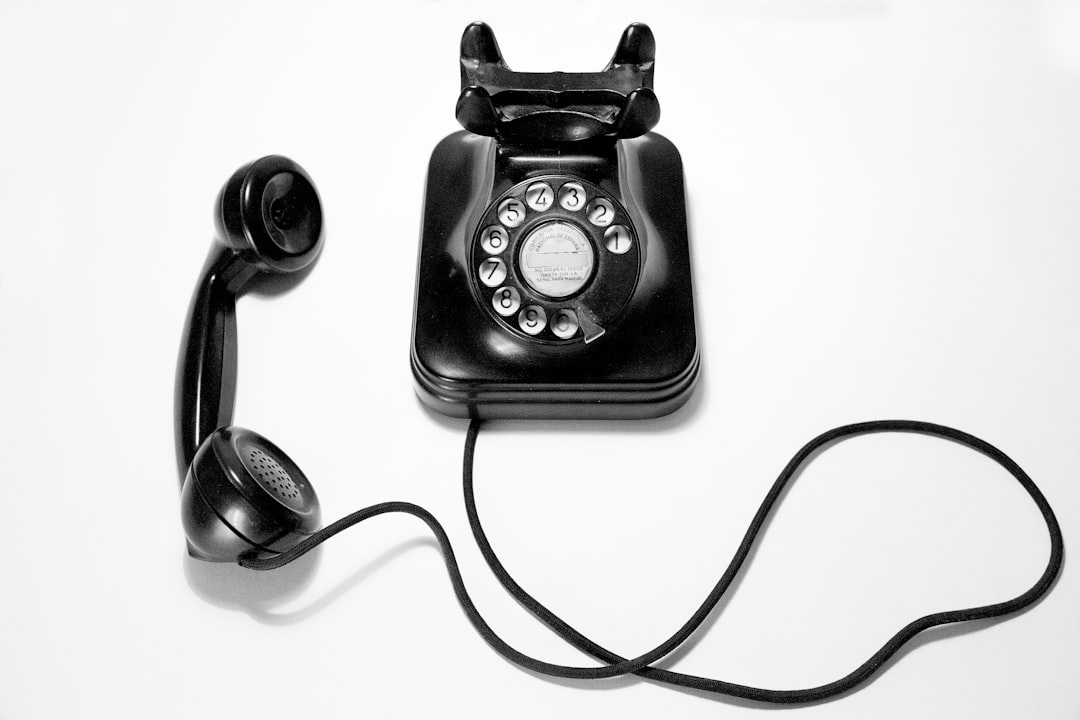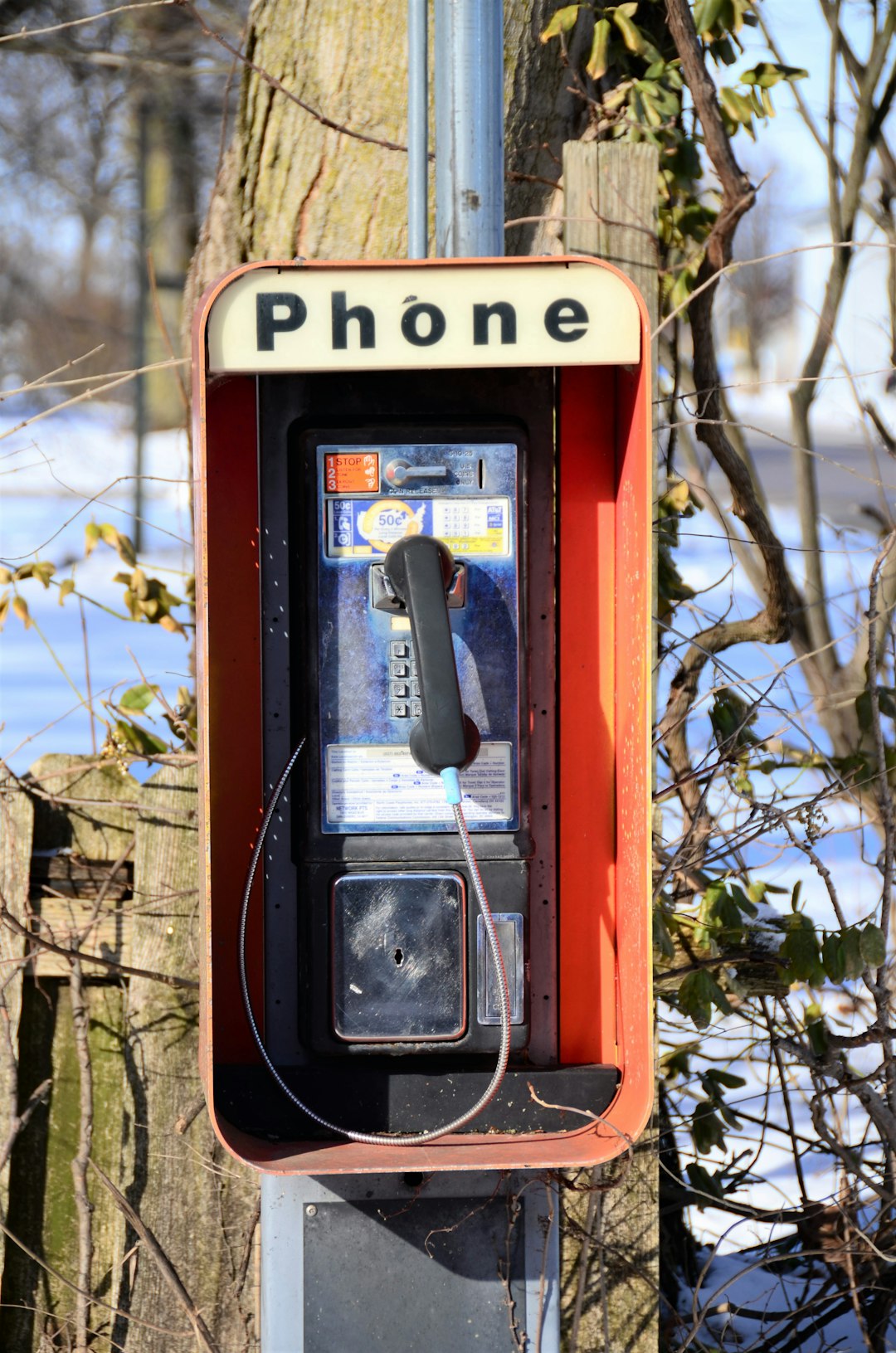In Maine, where strict Spam Call Laws protect residents from intrusive marketing calls, dedicated robocall blocker apps like Hiya, TrueCall, and NoCall offer powerful protection. These apps use advanced algorithms and databases to identify and block spam sources, providing a crucial step towards safeguarding privacy and peace of mind. When choosing an app, consider features like advanced call screening, real-time block lists, and user reviews, ensuring it aligns with Maine's Spam Call Law firm requirements for effective scam combat.
In Maine, a robust Spam Call law firms stringent rules in place to protect residents from unwanted robocalls. With rising spam call volumes, robocall blocker apps have become essential tools for Maine users. This article guides you through the landscape of these apps, offering insights into Maine’s Spam Call laws and how effective blocking solutions can enhance your communication experience. We compare top apps, provide a selection guide, and equip Maine residents with strategies to navigate spam calls efficiently.
Understanding Maine's Spam Call Laws and the Role of Robocall Blockers
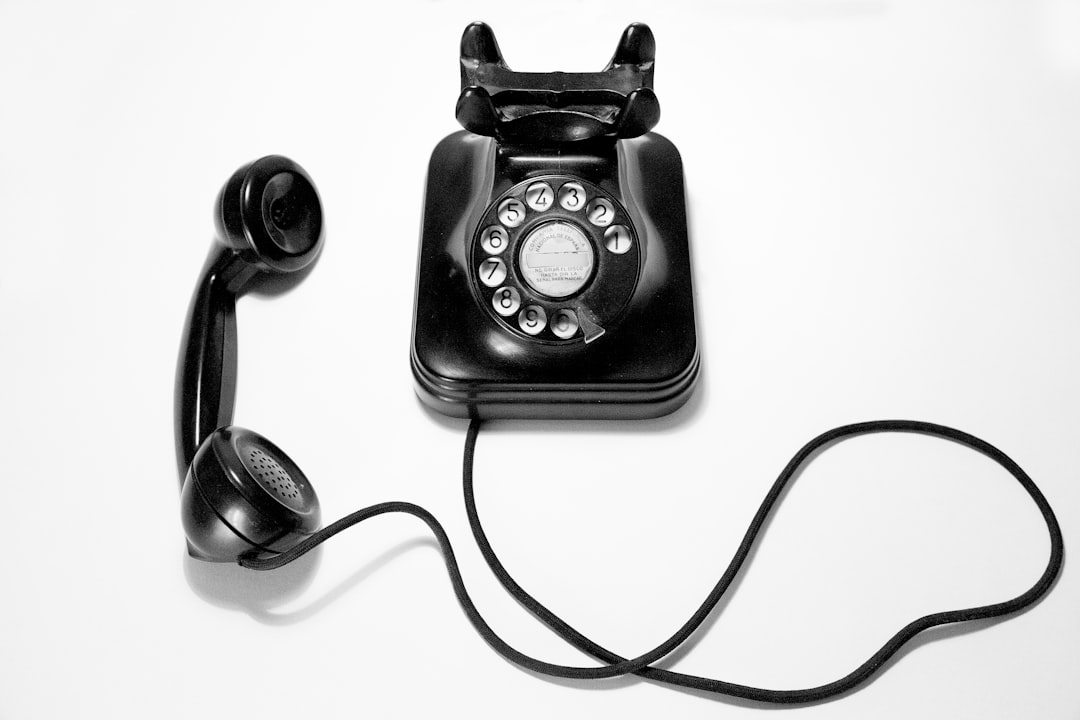
In Maine, the battle against spam calls has been amplified by the state’s stringent Spam Call Laws, which are designed to protect residents from unsolicited phone marketing. These laws give consumers powerful tools to combat the deluge of robocalls they receive daily. One of the most effective defenses is the use of dedicated robocall blocker apps.
These applications have emerged as game-changers in the war against spam calls, offering a practical solution for Maine users. By utilizing advanced algorithms and databases that continually update, these apps can identify and block calls from known spam sources, including telemarketers, scammers, and other unwanted callers. In light of the above, considering a robocall blocker app is not just a convenience but a necessary step to protect personal privacy and peace of mind under Maine’s robust Spam Call Laws.
Top Robocall Blocker Apps for Maine Users: Features and Comparisons
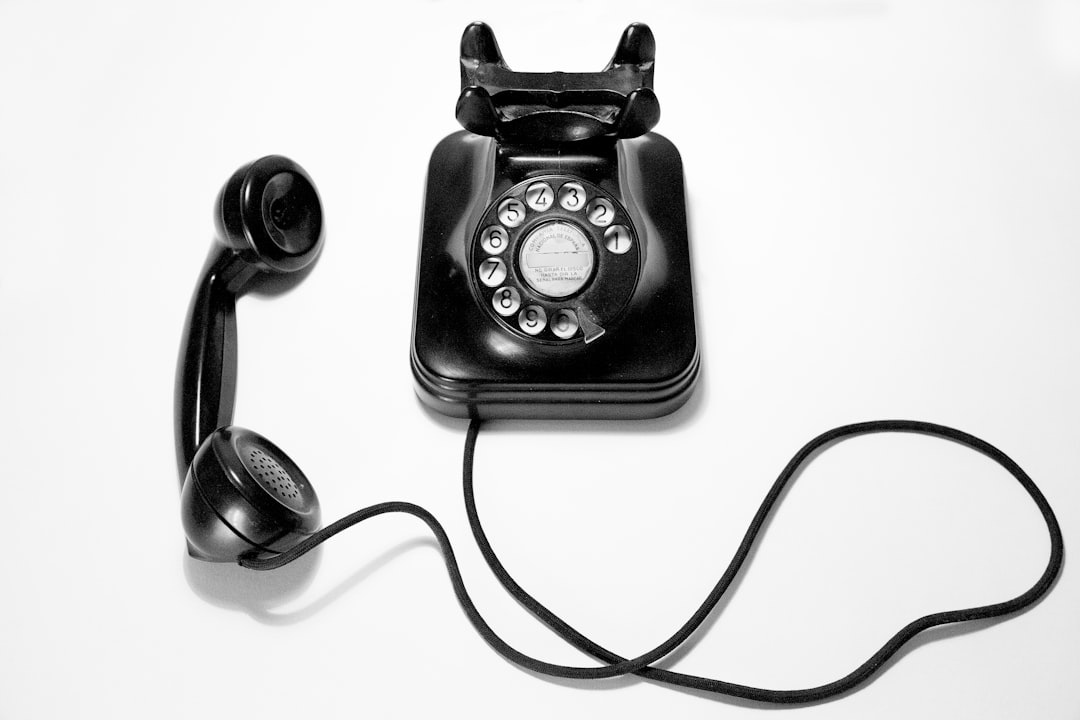
In Maine, where the Spam Call law firm has stringent regulations in place, users have a range of robust robocall blocker apps to choose from. These apps are designed to filter out unwanted calls, providing relief from persistent and harassing automated messages. Among the top contenders are Hiya, TrueCall, and NoCall.
Hiya stands out for its extensive global spam call database, offering advanced detection capabilities. TrueCall, on the other hand, boasts a user-friendly interface and additional features like call screening and blocklists. NoCall is praised for its effectiveness in blocking local and national robocalls, along with the ability to report spam calls directly from the app. Each app offers unique advantages, catering to individual preferences and needs, ensuring Maine users can stay protected against intrusive automated communications.
Choosing the Best Solution: A Guide for Maine Residents to Navigate Spam Calls Effectively
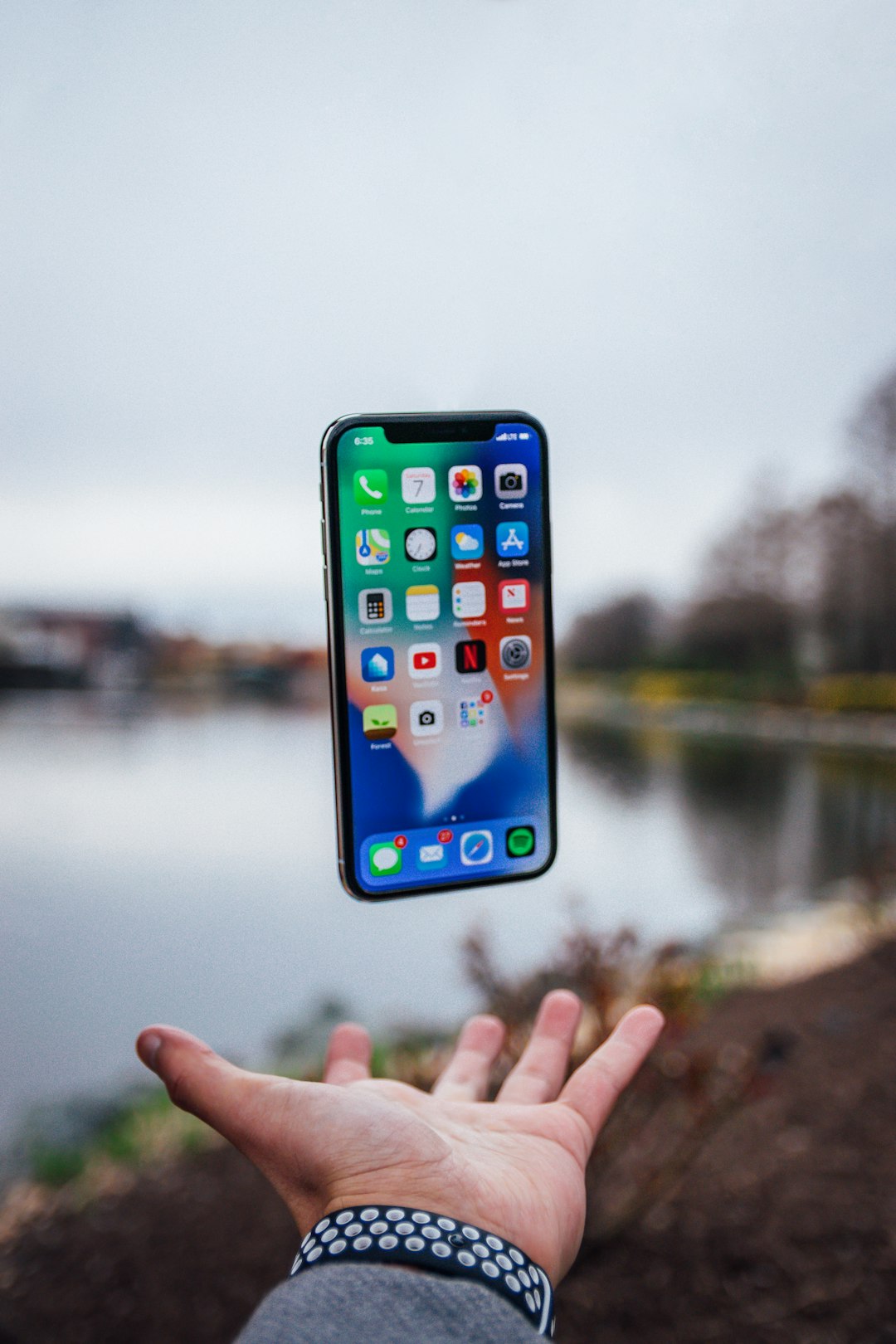
Navigating the sea of spam calls can be a daunting task for any Maine resident, but with the right tools, it becomes manageable. Choosing the best robocall blocker app involves considering several factors, such as the app’s effectiveness in identifying and blocking unwanted calls, its compatibility with your device, and user reviews. Maine has specific laws regarding spam calls, so an app that aligns with these regulations is essential.
Look for apps that offer advanced call screening features, real-time block lists updated with the latest spam call patterns, and customization options to tailor your blocking preferences. Reputable spam call law firms often partner with these apps to ensure they stay ahead of evolving scams. User feedback is invaluable; reading reviews can highlight an app’s strengths and weaknesses, helping you make an informed decision.

